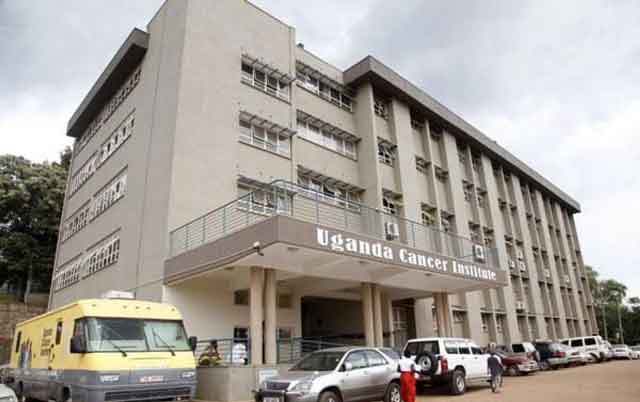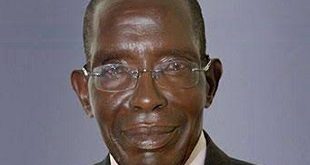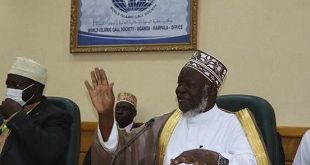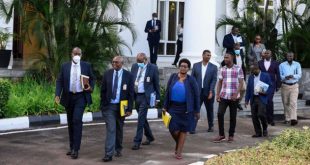
Kampala, Uganda | THE INDEPENDENT | Radiation therapy is effective in management of various types of cancers, but Uganda is short of personnel who should ensure that it does not harm patients.
Effective cancer treatment requires radiation oncology medical physicists, but Uganda like many of the African countries has very few of them.
As cancer treatment and caregivers mark the International Day of Medical Physics, it is emerging that Uganda has just fifteen of such experts mainly located in Kampala.
Moses Katumba, a senior medical officer and medical physicist at the Uganda Cancer Institute told Uganda Radio Network – URN that Uganda had one medical physicist ten years ago.
While Katumba says the number of fifteen is much better going by the Sub Saharan situation, more may be needed now that Uganda Cancer Institute opens up treatment centers in different regions.
Radiation oncology medical physicists serve a vital role in the safe treatment of patients with radiation therapy. They are supposed to ensure that cobalt machines and other radiotherapy machines are used effectively so that patients under treatment don’t get less or more of the radiation. Katumba says shortage of medical physicists may affect the delivery of the services but also expose patients and radiation workers and members of the public.
He says in most countries, the role of medical physicists has not been prioritized yet they bridge a gap between clinical oncologists and the machines when ionising radiation in cancer treatment.
International Day of Medical Physics which is observed on 7 November is used to raise awareness for the profession and is also an occasion to commemorate the research on radioactivity.
The theme for the International Day of Medical Physics (IDMP 2020) is “Medical Physicist as a Health Professional” International Organisation of Medical Physicists President Dr. Madan Rehan says medical physicists should be part of the healthcare delivery in both public and private hospitals where radiation services are offered.
Federation of African Medical Physics Organisation (FAMPO), President Dr. TaofeeqIge says medical physicists as well as many others are in the frontline in dealing with COVID-19 patients and they also deserve recognition and appreciation for their efforts.
A study conducted by Dr. Rebecca Nakatudde, a lecturer at Makerere University’s department of Radiology, School of Medicine found that apart from shortage, 54% of medical physicists working in hospitals in Africa do not have any additional clinical training. The study was conducted on thirteen medical physicists from Uganda, Nigeria, Kenya, Libya, Tanzania, Zambia and Ghana.
Nakatudde, who also doubles as the vice president of the Federation of African Medical Physics Organisation (FAMPO) observed that as part of quality assurance, medical physicists play a vital role.
She said the study found that 85% of African countries do not have a recognized body governing medical physicists. That according to the study presented a challenge of ineffective communication among individual physicists and related fields.
According to the International Atomic Energy Agency, cancer patients have a much greater chance to survive the disease when they have access to affordable early cancer detection and treatment. But the agency estimated shortage of 50,000 cancer care professionals in the developing world.
In 2018, it was estimated that there were over 18 million new cancer cases and over 9.5 million related deaths, according to the International Agency for Research on Cancer.
By 2030, these figures are expected to increase to over 24 million new cancer cases a year and 13 million deaths.
The greatest impact of this increase will fall on low- and middle-income countries. These are expected to suffer around 70 percent of all cancer deaths by 2030. The United Nations Sustainable Development Goals targets for 2030 aim to reduce early deaths from non-communicable diseases, including cancer by one third.
*****
URN
 The Independent Uganda: You get the Truth we Pay the Price
The Independent Uganda: You get the Truth we Pay the Price


